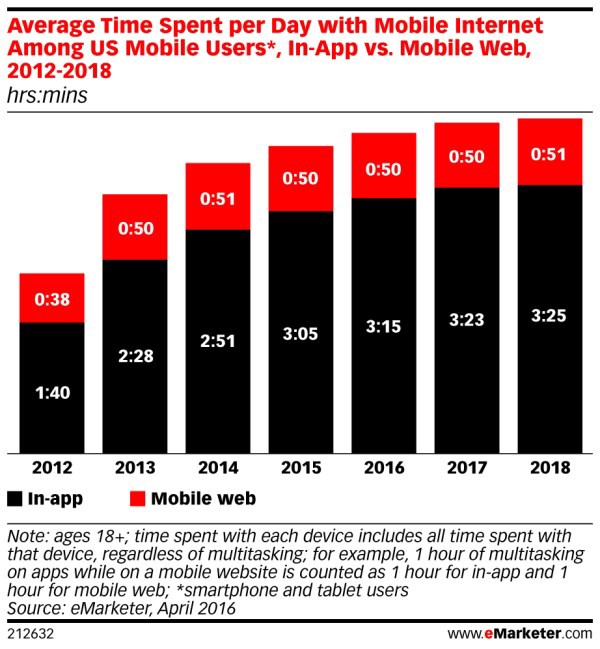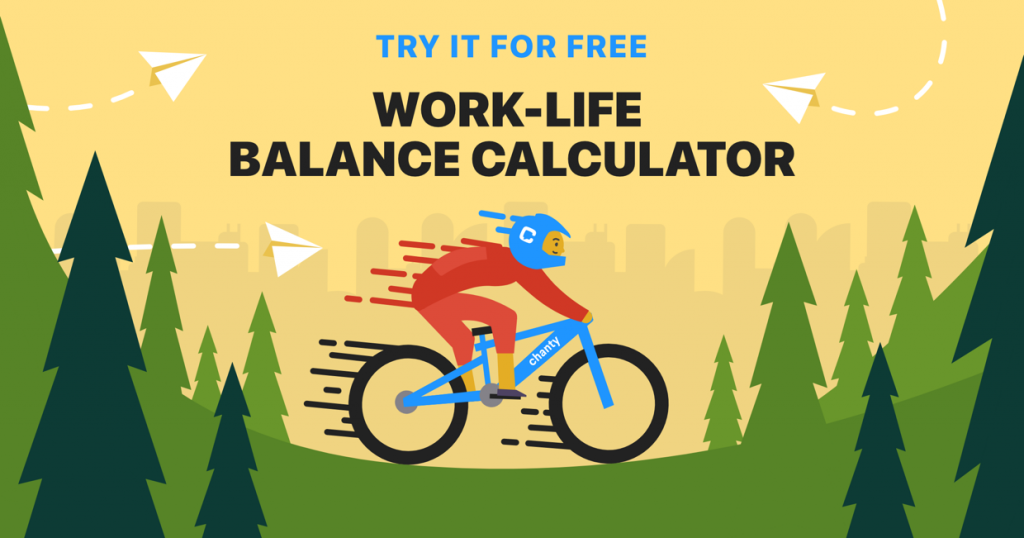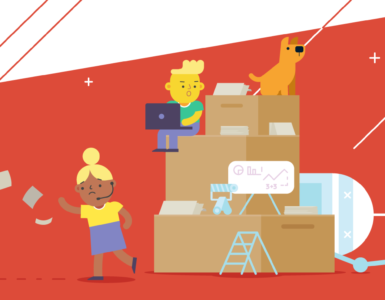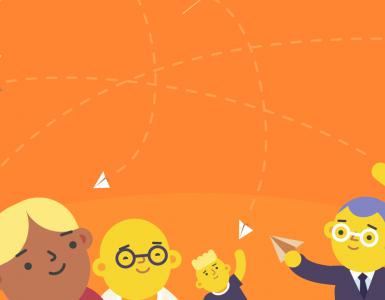Despite all the technological advancements, apps, and productivity tips, it seems that we have less time every day and that we’re in a constant hurry trying to get things done with a nonstop delivery mode. We rush from one task to another, only to find that there’s always more to do. And yet the data shows that we actually have more free time than we used to. In fact, people in developed countries now work 12 hours less than they did 40 years ago.
So why do we feel like we’re always running behind, struggling to keep up? Many of us have quietly asked ourselves, “How can I stop time?” – wishing for just a moment of pause in an endless stream of to-dos.
The answer lies not in the hours of our day, but in our perception of time. The feeling of being in a constant hurry has become ingrained in our modern lifestyle, and we often rush through life without even realizing it. This rush can lead to stress, burnout, and a feeling of never really being present in the moment. So how do you stop rushing and reclaim your time?
Learning to slow down and stop rushing is essential for our mental and physical health. Instead of succumbing to the pressure to be productive all the time, it’s important to focus on not rushing and being intentional with our time. Slowing down can actually lead to greater productivity with less stress.
In this article, we’ll explore proven strategies to help you regain control of your time and stop rushing at work and in life, so you can break free from the cycle of urgency and achieve more with greater ease.
Here are some proven ways to regain control of your time and stop rushing through your day for nonstop delivery.
Stop multitasking
In the past couple of decades, it has become imperative to do as much as possible in a short time frame. This has made people live a life of hurry for nonstop delivery. Multitasking in particular has become a buzzword in the productivity culture. The idea that doing several things at once saves time and increases efficiency is widely accepted. But in reality, multitasking may be one of the main reasons we feel rushed and overwhelmed.
When we hear the word “multitasking,” we immediately conjure an image of a busy mom preparing her kids for school, getting ready for work, taking calls, and making breakfast at the same time.
The term itself comes from IT, and it means doing several tasks independently at the same time. However, is it really possible to do more things simultaneously and be successful at each of them?
While there are quite a few proponents of multitasking, it turns out that while doing it, you’re not actually simultaneously doing several things. In fact, you’re just rapidly switching from one task to another. For example, you may think that you’re reading emails, checking up on your task list, browsing social media at the same time, and multitasking, but in reality, you’re just quickly switching from one task to another.
This constant switching can make you feel like you’re getting a lot done, but it actually leads to mental fatigue. It often leads to reduced productivity and poor decision-making. In fact, research shows that multitasking can actually lower the quality of your work, as you may miss important details or make mistakes you wouldn’t have made otherwise.
When you overload yourself with too many tasks and rush to close them all at once, you end up feeling drained and less effective. It is important not to be rushed in your work, even when deadlines seem tight. Slowing down and approaching each task mindfully helps you maintain focus and deliver higher-quality results.
To stop rushing and regain control of your time, focus on completing one task at a time. Instead of constantly switching between tasks, set aside specific blocks of time for each one. This will allow you to work more efficiently and with more attention to detail. Instead of feeling the pressure to deliver non-stop, you’ll find that focusing on one thing at a time improves both your productivity and the quality of your work.
By focusing on one task at a time, you’ll not only have more time for yourself, but you’ll also experience less stress and better results. The next time you feel the urge to juggle multiple tasks remember that slowing down and taking a more thoughtful approach will ultimately lead to greater success without the rush.
Spend less time on the phone
Without thinking, what’s the number one activity that you waste most of your time on? For many of us, it’s our phones. In fact, the average adult spends about 2 hours and 30 minutes on their phone every day, most of which goes to apps. It doesn’t sound so bad until you realize it adds up to 73.8 hours per month—nearly two full work weeks. A screen time calculator can come in handy in monitoring the time spent.
Of course, the figure varies across age groups and occupations, with younger generations spending up to 4 hours on their phones every day. What’s alarming is that since 2012, the use of phones (both in apps and online) has steadily increased.

While cutting down on phone use won’t make you stop rushing through life and hurry less, it can significantly help you out. By spending less time on your phone apps, you will have more time to do things that truly matter.
There’s an additional benefit to putting your phone down—less unnecessary communication. Humans are creatures of habit, and if everyone gets used to you replying to emails within 2 minutes of receiving them, they will expect that kind of availability from you in the future. Have some time for yourself when you’re not replying to texts, emails, or phone calls, and you’ll notice communication decreasing on all fronts.

Obey the speed limits
Here’s something that may sound obvious: To stop rushing, you literally need to stop hurrying and not drive faster than the speed limit. The amount of time you can save will be minimal and you will endanger yourself and everybody else in traffic around you.
Often, times, we’re speeding because we didn’t have enough time to prepare and are in a hurry. Instead of driving fast out of habit, take an additional 10–20 minutes to prepare yourself every time you need to commute so that you have more time to get things done—you’ll be able to drive much more calmly and abide by the speed limits.
Consider taking public transportation if you have the option. Not only will you not have to worry about driving, but you will also be able to do some more tasks while commuting, such as reading a good book, going through your emails, listening to a podcast, or whatever else you don’t have time for later in the day.
Wake up early
One of the best ways to have more time is to steal it from yourself by waking up earlier so you can go about your chores before your day even starts. You’ve probably heard stories of entrepreneurs kicking their days off at 4 a.m. and being able to tackle countless tasks during the day.
The reason it works is that early in the morning, you won’t be bothered by emails, texts, calls, or meetings. It’s the perfect time to devote to yourself and the tasks that otherwise get forgotten later on during the day.
For some, this is easier said than done—not everyone is a morning person. Waking up early is one of life’s great habits, and it needs to be accompanied by going to bed early. Instead of switching your alarm clock from 7 to 4 AM at once, gradually wake up (and go to bed) earlier every day, 15 minutes at a time. You’ll ease into the habit, and it won’t be as difficult as doing it cold turkey.
Prioritize tasks at the beginning of the day
Let’s face it: getting on top of your Facebook feed is not as important as handling all of your work emails. Not all tasks are equally difficult or important, and you shouldn’t treat them as such. As you prepare for the day ahead of you, don’t just put together a to-do list. Besides listing your tasks, rank them according to importance – pick 3–5 things that absolutely need to be done by the end of the day.
This simple habit can provide instant clarity, giving you a stronger sense of direction for the hours ahead and reducing the feeling of being overwhelmed.
Prioritizing your tasks early in the morning is particularly beneficial because it sets a productive tone for the rest of the day. Your energy and focus are usually at their peak in the morning, making it the perfect time to tackle high-priority tasks that require deeper concentration. By tackling your most important tasks first, you can make significant progress before the day’s distractions and fatigue set in. This early sense of achievement can boost your confidence and prevent the stress of unfinished tasks from piling up later.
Structuring your day with purpose also helps reduce the temptation to rush through everything. When you know what needs to be done and have a clear plan of action, you can pace yourself without feeling pressured. You can work methodically and mindfully rather than spreading your attention thinly and losing track of time. Not only does this lead to higher quality work, it also keeps you grounded, allowing you to slow down and approach the day with more intention and control.
Learn how to say no
Arguably one of the most difficult things to do, saying no is a necessity to gain back some of your time and stop rushing. If you accept an obligation before making sure that you actually have enough time to devote to it, you’ll overburden yourself and be left without time to complete the new and old tasks.
While this can happen to everyone, freelancers are especially prone to taking on more work than they can handle. Without a solid 9–5 (or whatever your schedule is) structure, you can work at different times every day. It can happen that you take on new obligations without knowing if you can complete the ones you already have on your plate.
Before accepting any new work or obligations, first make sure you can manage to do the ones already on your to-do list and don’t rush into nonstop delivery mode. Otherwise, you’ll be left with a schedule that’s simply unmanageable, and you’ll have no time for yourself.
Track your time
One of the best ways to have more time is to see where your time is actually going. In the past couple of years, there have been countless apps developed for time tracking, whether it’s for work or personal use. Besides allowing employers to keep tabs on their employees’ time, it’s a great way to see where your time is actually going.
By tracking your time for all of your tasks, you’ll be able to see where you’re actually losing time and what tasks make up the most of your day. For example, you can find out that a large part of your day is spent reading and answering emails. In any case, you will gain insights into how to better manage your time at work and in your spare time and stop rushing or being in a hurry.
Conclusion
While it may seem like we have less time than ever before and are constantly in a rush to achieve non-stop delivery, it’s really about our habits and perceptions. By making deliberate changes, such as learning to stop rushing, we can regain control and approach our days with more purpose. It’s not just about getting more done, it’s about working mindfully and prioritizing quality over quantity.
Slowing down doesn’t mean sacrificing productivity. Instead, understanding how to slow down and focus on one task at a time can reduce stress and improve efficiency. Simple adjustments, such as waking up earlier, prioritizing tasks, or observing speed limits, can lead to a calmer, more focused mindset. Learning to stop rushing at work can improve job satisfaction and help us work smarter, not harder.
In the end, one of the most valuable lessons is learning how to slow down in your life. It’s about realizing that this simple truth – the ability to pause, breathe, and move at your own pace – is a skill worth mastering. When you learn to slow down, you start living with more joy, balance, and mental peace.
Imagine what you’d do with an extra hour each day. Perhaps for self-care, a hobby, or simply to enjoy silence. By discovering how to slow down and stop rushing, we can enrich our experiences, increase our well-being, and enjoy life more fully. What strategies help you to slow down? Share your thoughts in the comments below!









